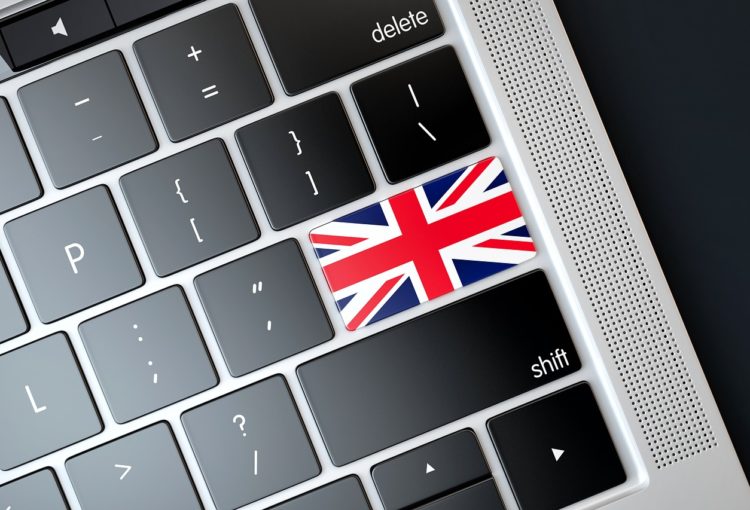Lately, Spain’s scientific community, known for its rich history and academic prowess, has faced criticism for posing challenges to foreign scientists. The process of homologating degrees, mandatory for both EU and non-EU citizens, particularly for post-doc and pre-doc positions, has become a bureaucratical nightmare. Compounded by extensive paperwork and lengthy delays, the situation is exacerbated by the fact that all the necessary documentation is written exclusively in Spanish. The frustration this causes highlights the vital importance of Sworn translation of the homologation of degree qualifications.
What does ‘homologación’ mean?
Homologation (“homologación” in Spanish) entails the formal approval granted by an authoritative entity. This authority could be a legal court, a government agency, or an academic or professional organization, all of which typically operate based on established rules or standards to assess whether approval is warranted. In countries like France and Spain, homologation is used for academic purposes. In fact, homologation is the official validation in Spain of a higher education degree or specific coursework obtained abroad. This process ensures that qualifications obtained abroad meet the standards and requirements set by Spanish educational authorities.
The official validation of degree qualifications in Spain
In Spain, the Ministry of Education and Professional Training is the competent body that will validate your degree—whether they be university, master’s, or postgraduate qualifications. This acknowledgment transforms degrees obtained abroad into officially recognized and legally valid qualifications within the Spanish system. This procedure is particularly crucial for non-EU citizens, such as those seeking to homologate their medical degrees. It’s a mandatory step for regulated professions in Spain, like doctors, lawyers, architects, or engineers, ensuring that individuals possess the necessary qualifications and knowledge required for these roles. Therefore, anyone aspiring to work in such positions needs to undergo the homologation process for their university degree before pursuing their career in Spain.
What’s the difference between equivalence and homologation?
While homologation is the process of recognising a foreign-acquired degree as equivalent to a specific degree level in the host country, allowing for professional use and granting associated rights.
Equivalence (“equivalencia” in Spanish) acknowledges studies completed abroad for academic purposes, whether a degree was obtained or not, and allows the continuation of studies within the educational system of the country performing the validation. This process suggests that the degree obtained in your home country is deemed comparable to a Spanish degree, resulting in its automatic and full recognition. This recognition is based on the degree’s effectiveness and similarity in content. Follow this link if you want to know more about this.
Sworn translation of the homologation of degree qualifications
At the heart of overcoming these challenges lies the critical role of sworn translation. Recognized by Spanish authorities, sworn translations ensure that all relevant documents are accurately and officially translated into Spanish. This not only simplifies comprehension of the requirements, but also accelerates the entire homologation process. During the homologation process, you will need to translate all the necessary documentation for the homologation: student records, the official diploma of your degree, etc… As these are official documents, they can only be translated by a sworn translator. At iTRAD, we have sworn translators specialised in academic translations in several language combinations and sectors, who are all authorised by the MAEC (Spanish ministry of foreign affairs).
A sworn translation of the homologation of degree qualifications could be of vital importance for your academic future. If so, you can send us your documents to info@itrad.es or using our contact form. If you want to learn more about the homologation and the homologation process, follow this link.
If you liked our post on “Sworn translation of the homologation of degree qualifications”, please share it on your social networks. Please also feel free to visit our blog, where you will find more posts on other topics in the world of translation.






